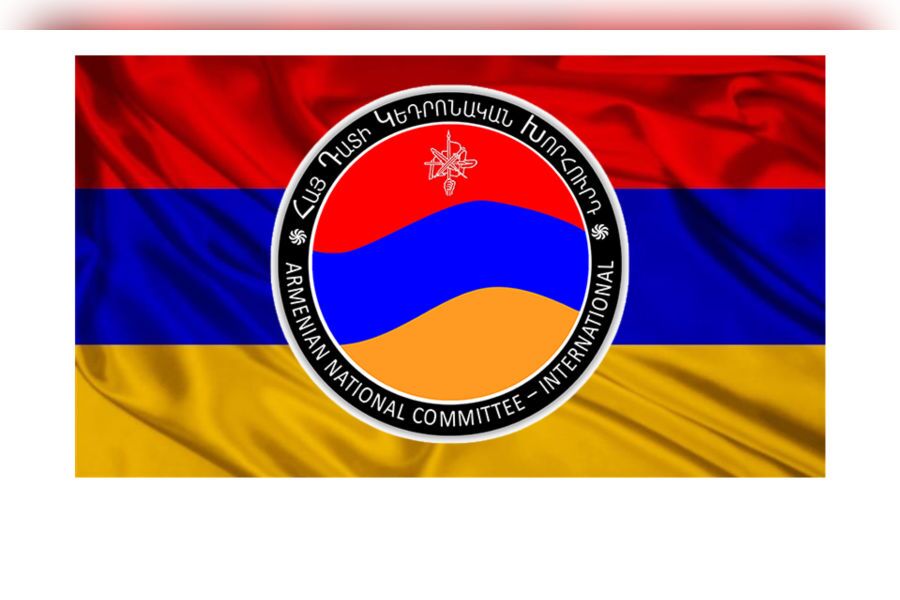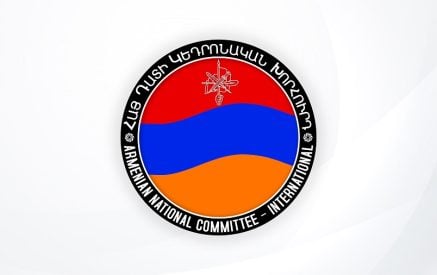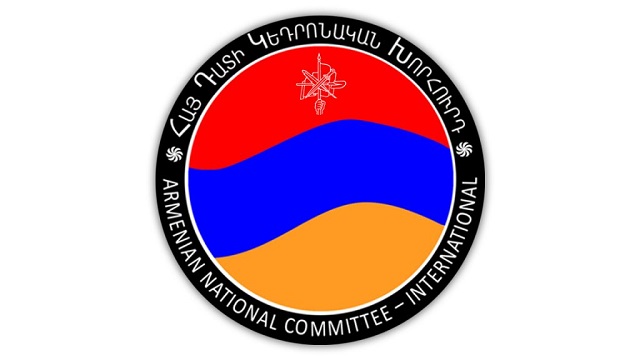Today, the OSCE Ministerial Council adopted a decision, through a silent procedure, to close the OSCE Minsk structures and their associated financial resources. This decision follows the joint appeal of the Armenian and Azerbaijani Foreign Ministers, dated 8 August 2025 and circulated on 11 August.
This “joint appeal” was not the product of free will. It was one of Azerbaijan’s preconditions for signing the so-called “Peace Agreement,” finalized in March 2025 and publicized on 11 August, but still unsigned due to Azerbaijan’s ever-expanding demands—including forcing Armenia to amend its Constitution. Armenia agreed to issue the “joint appeal” under the threat and use of force, making it an invalid instrument under international law.
The Armenian government’s policy of appeasing Azerbaijan—driven above all by the desire to cling to power—does not serve the interests of the Armenian state and nation and represents a serious blow to the right of self-determination of the people of Nagorno-Karabakh. In 2021, it came to office on the promise of a different path, presenting the National Assembly with a program that pledged the opposite of what it now enforces.
By endorsing the Azerbaijan-Armenia “joint appeal”, the OSCE is legitimizing the use of force as a method of dispute settlement. This follows Azerbaijan’s ethnic cleansing of Nagorno-Karabakh in September–October 2023, when 120,000 Armenians were expelled from their ancestral homeland through siege, blockade, and military assault on civilians. These acts, widely documented and corroborated, amount to crimes under international law.
Read also
The very question that led to the creation of the OSCE Minsk Group in 1992—the rights and security of the Armenians of Artsakh—remains unresolved. Azerbaijan’s wars of 2020 and 2023, and continued genocidal steps, forced over 150,000 Armenians into exile, but have not erased this issue. On the contrary, the people of Artsakh continue to be denied their most basic rights.
Disengagement by the OSCE and the international community would be a grave mistake. Lasting peace requires principles: international law, justice, and diplomacy—not coercion. Central to this is the secure and dignified right of return for the displaced Armenians of Nagorno-Karabakh, as affirmed by the International Court of Justice in its 17 November 2023 order. Equally urgent are the immediate release of Armenian hostages still held in Azerbaijan and the protection of cultural heritage.
The OSCE Minsk Group may no longer function, but the principle it embodied—genuine multilateralism and international mediation—remains indispensable. To abandon it now sends a dangerous message: that power, not law, decides disputes. Such a precedent would only entrench cycles of violence and undermine the foundations of peace and security.
“Closing the chapter of enmity,” as proclaimed in the Washington declaration of 8 August, cannot be achieved through imposed silence. It requires truth, justice, and reconciliation. Victims must be heard, suffering must be acknowledged, and justice must be pursued.
We therefore call upon the OSCE and the broader international community to remain engaged, to uphold their human rights and humanitarian mandates, and to work actively for the protection of the rights of displaced Armenians, the release of hostages, and the preservation of cultural heritage. Only sustained, impartial, and principled engagement can secure the dignity and rights of the people of Artsakh and make possible a real, lasting peace in the South Caucasus.
Armenian National Committee-International
1 September 2025






















































